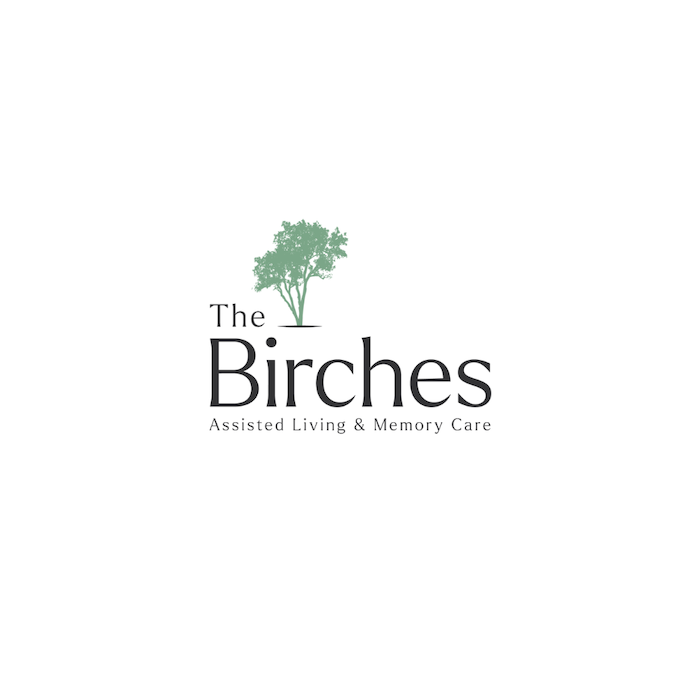Being a person who was once independent and now needs assistance, even minimal, can be one of the hardest adjustments to make.
For those of us in assisted living, the transition has a whole new and specialized meaning.
At the very least, it means a lack of independence, and most of us require walkers or even wheelchairs to move about. Mobility is the single most significant problem we face, the freedom to go where and when we wish, uninhibited by lack of strength, balance, and in many cases, pain.
It is a transition each of us is now burdened with—one few of us saw coming. One day we were able to walk to the grocery store, drive our car, bowl with friends, and play catch with our grandkids. The next day we were navigating with walkers, slowly and with varying degrees of efficiency.
For us, walking unaided, driving, climbing stairs, bowling, playing catch are only memories. As Noah Webster commanded, we have now moved on to another stage of our lives, one for which we had little choice and had not planned for. Transition was, indeed, more than a word now, and it was a whole new pattern of life, and we had better adapt to it.
Therapy and perseverance gave us hope for a future, albeit not of our choice, but one that would permit us to live in dignity and with a somewhat optimistic outlook for tomorrow. But there is yet another element of transition that isn't addressed much, and that is denial. It rears its ugly head when an individual announces, "I don't need any help. Leave me alone!"
Occupational Therapist Rhoda Scherer Cohen pinpointed this verbal confrontation in her excellent article that appeared in OT Practice, the American Occupational Therapy Association magazine. "The hardest part of the transition," she wrote, "is feeling comfortable about asking for help.
The OT can ask a stubborn client about admitting a need for help, 'How do you feel about helping others?' The client would probably answer, 'I feel happy to help.' The OT might then answer, 'Then why do you deprive others of that same feeling?'"
Indeed, being a person who was once independent and who is now in need of assistance, even minimal, "can be one of the hardest adjustments to make for those with a new disability," says Cohen.
That said, we now find ourselves negotiating the boulevards of transition and acceptance. Those of us at The Birches faced them when we entered assisted living, and I can assure you we each adapted in different ways. I still have difficulty admitting to myself there are some things (many, actually) that I can no longer do. I'm not too fond of that reality, but I must accept it and use my walker, and welcome assistance when necessary.
Okay, we're in assisted living. It's a whole new dimension, one in which we are challenged physically and spiritually as never before.
And it's difficult and, perhaps, for some, disheartening. So, do we fold our tents, sulk in a corner, and say, 'I'm through with life'?
Or do we accept our conditions and disabilities, stand firmly upon the ground we now own, plant our guidons firmly on that ground, admire them flapping in the breeze, and then move on with our lives? We don't need (or want) pity or patronizing. But we do need to accept assistance when necessary and accept it in a dignified, adult manner.
Nobody said this transition would be easy, and indeed no one told us to give up. We must accept our disabilities, our limitations, whatever they may be, and shout Semper Fi, or Garryowen, or full speed ahead— or at our pace—into a perhaps fog-shrouded field of tomorrow. We owe it to our loved ones, to the therapists who worked so patiently to get us moving again. Most importantly, we owe it to ourselves.
Disabilities are to be dealt with, not dwelled upon. Transition is an unavoidable part of life, and accepting disabilities is the first step to conquering them.
While I'm at it, April is Occupational Therapy Month. So, go ahead and give your Occupational Therapist a big hug for all they did (and continues to do) to make your transition—and your life—a little brighter.

